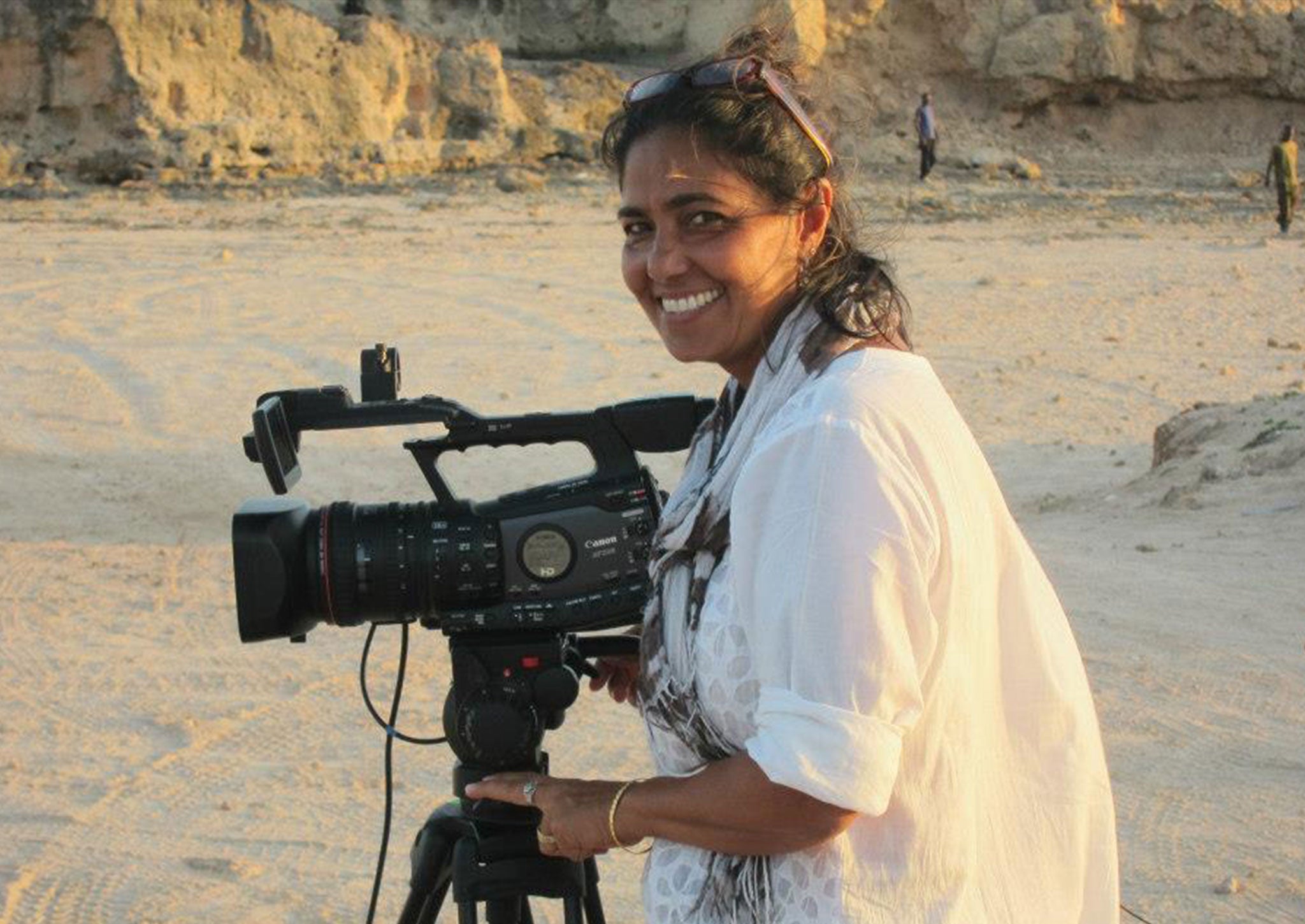Rory Peck Awards 2014 Sony Impact Finalist: Ruhi Hamid
Hamid has been nominated for Knife Crime: ER, which explores issues of identity and violence in South Africa

The Rory Peck Awards celebrate the dangerous and invaluable work of freelancers around the world. This year's event will be hosted on November 19 at the BFI Southbank. To find out more click here.
Twenty years after South Africa's first free elections, Sony Impact finalist Ruhi Hamid, travelled to South Africa with Radio 1 DJ Reggie Yates to make a BBC3 film exploring what its like to be young and black in one of the country's most violent townships.
Ruhi has been working as a freelance producer/director for 14 years. She specialises in gaining access to communities who are often hostile to, or not familiar with, film crews.
From Ruhi:
"We filmed in Khayelitsha, in the Cape Flats, for ten days, and in its hospital over two long weekend night shifts. It was very challenging - more so than working in somewhere like Afghanistan where there are, at least, protocols to follow. Here, the danger was unpredictable.
It was shocking to see the sheer volume of people coming into the hospital with multiple stab wounds. It was never gun shot wounds, always stabbings with knives or screwdrivers or machetes - people are too poor to buy guns. Nights in the emergency room could easily resemble a hostile environment. Victims of violence were themselves often drunk and violent. Opposing gang members would be in beds next to each other and it was commonplace for serious fighting to break out. It's easy to get caught in that.
I've never filmed so close to the action and I had to make constant ethical judgements about privacy. I wanted viewers to feel the reality of what the young doctors were experiencing, but I didn't want this to be just a gratuitous film about violence. Every single person that we filmed gave us their written consent, and it was essential that we portrayed them all as human beings.
One of the most surprising things for me was the lack of police in Khayelitsha. It’s a massive township, but I saw very few officers out and about, which says a lot about the government’s priorities. One day, while I was filming with Reggie, I had a close shave with a drunk driver who nearly ran me over. Luckily my quick reactions saved me and the camera. But the locals took matters in their own hands and began to mete out township style justice on the driver. I decided I had to carry on filming, and also try to keep the situation from escalating. It was tricky. We heard about incidents of "necklacing" too.
Going out with the paramedics at night was probably our greatest challenge. With so much alcohol and drug abuse the township's wards turned into no-go areas. Hyped up with substances the gangs often roam the streets looking for trouble, so when we arrived at a scene we never knew what to expect. Filming the guy who had been attacked with the screwdriver was a very nerve wrecking experience; everything was unravelling in front of my eyes. The presence of the little boy made things even more difficult. He was obviously traumatised, but I wanted to feature him to show the reality of what children there are witnessing from such a young age. Its not surprising that they do what they do when they get older.
Despite being so close to Capetown, the people who live in Khayelitsha are, quite literally, at the bottom of the heap socially. It's not a normal environment to be living in, but most people are just trying to get by and do an honest days work to keep their family going. The trouble is, everything is stacked against them."
Join our commenting forum
Join thought-provoking conversations, follow other Independent readers and see their replies
Comments